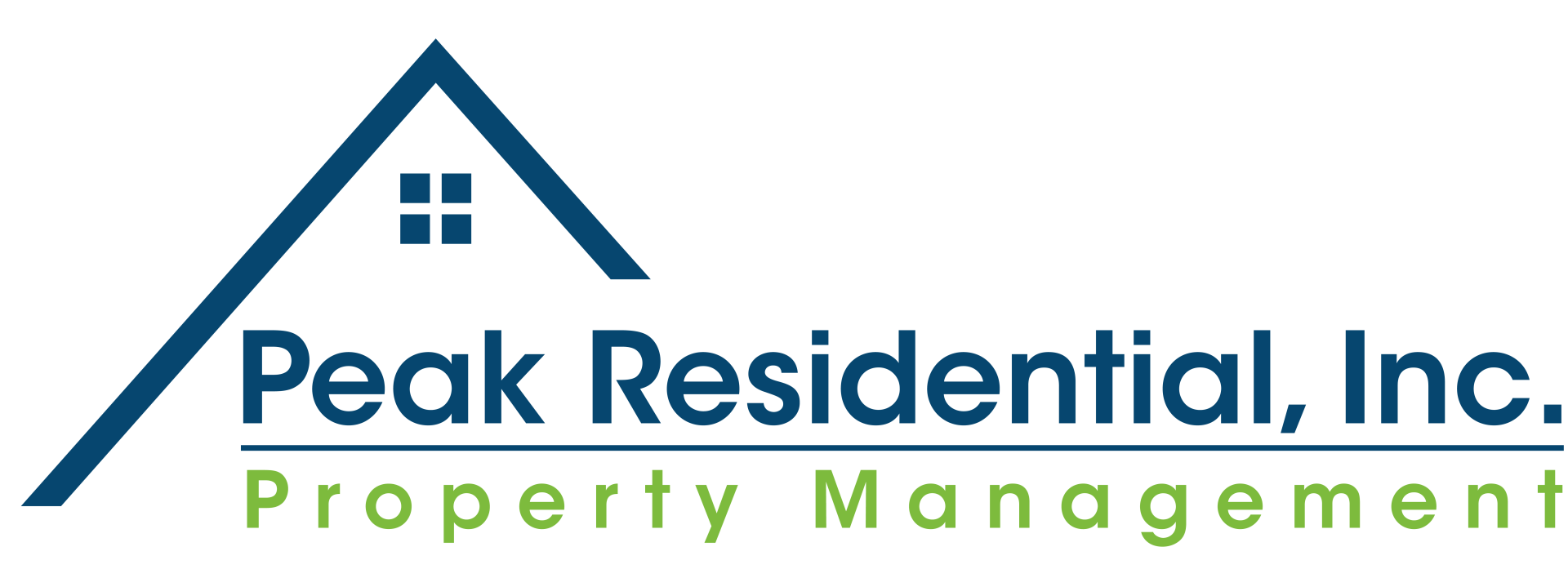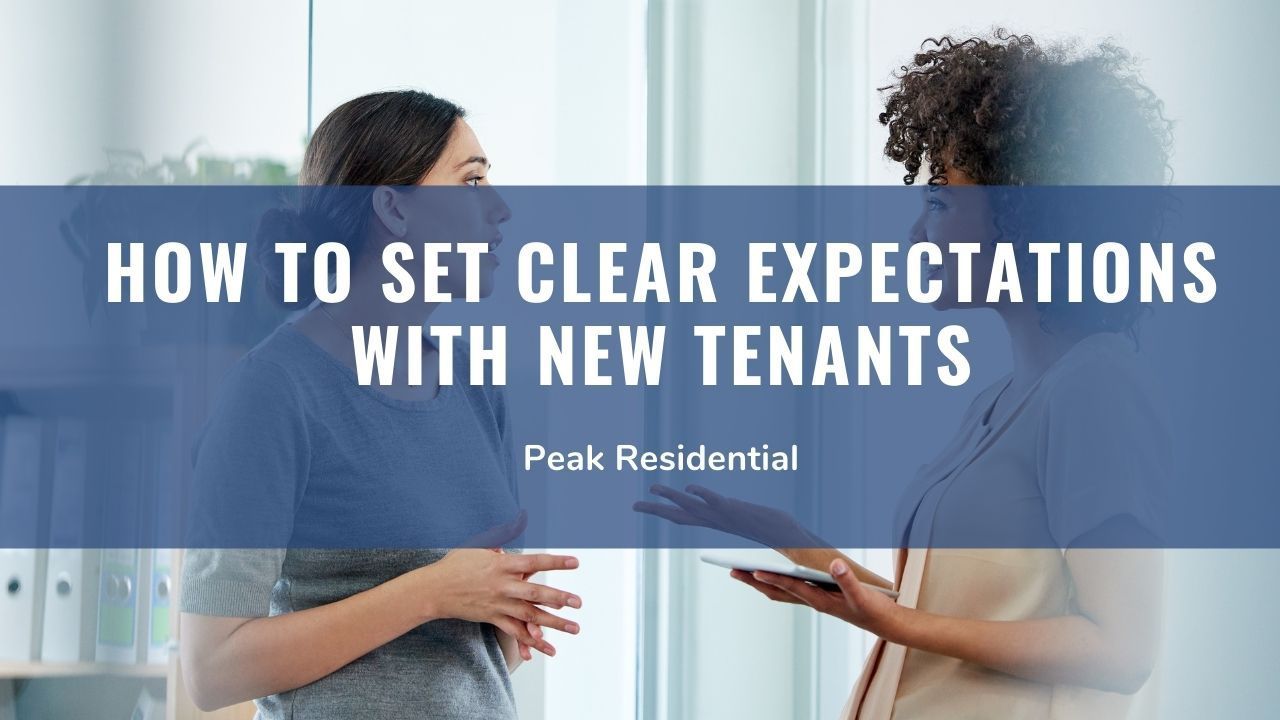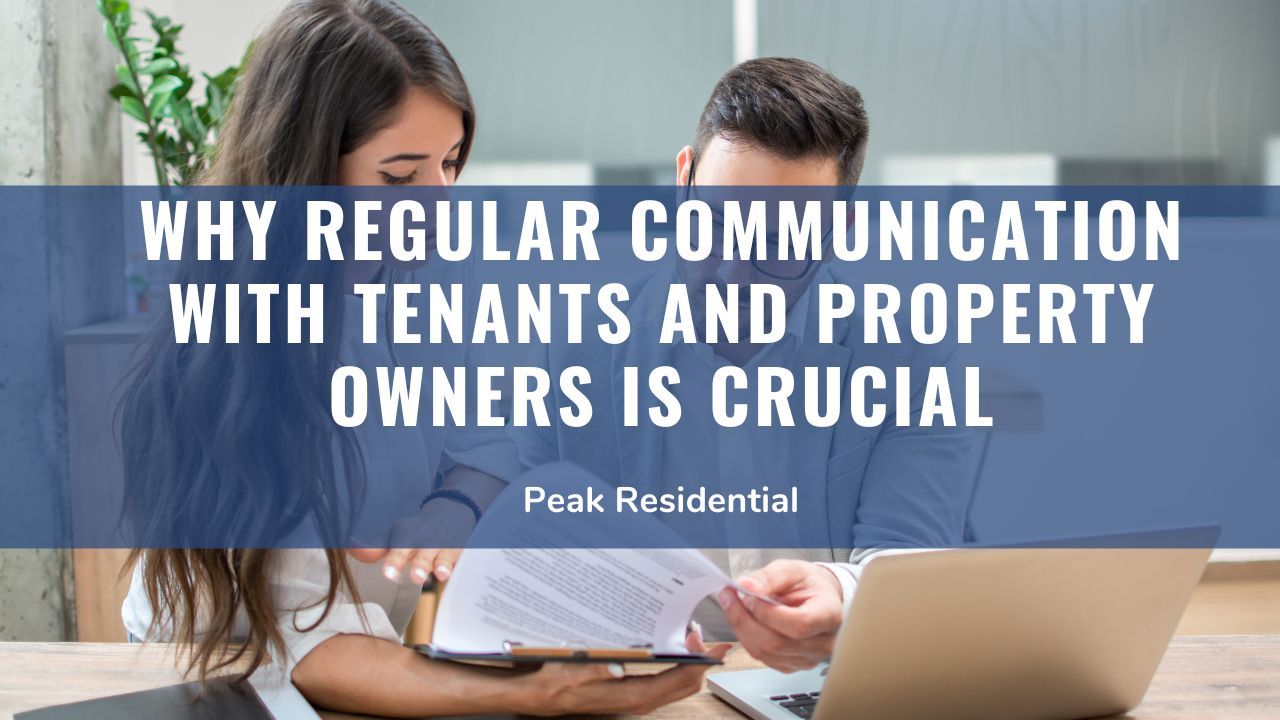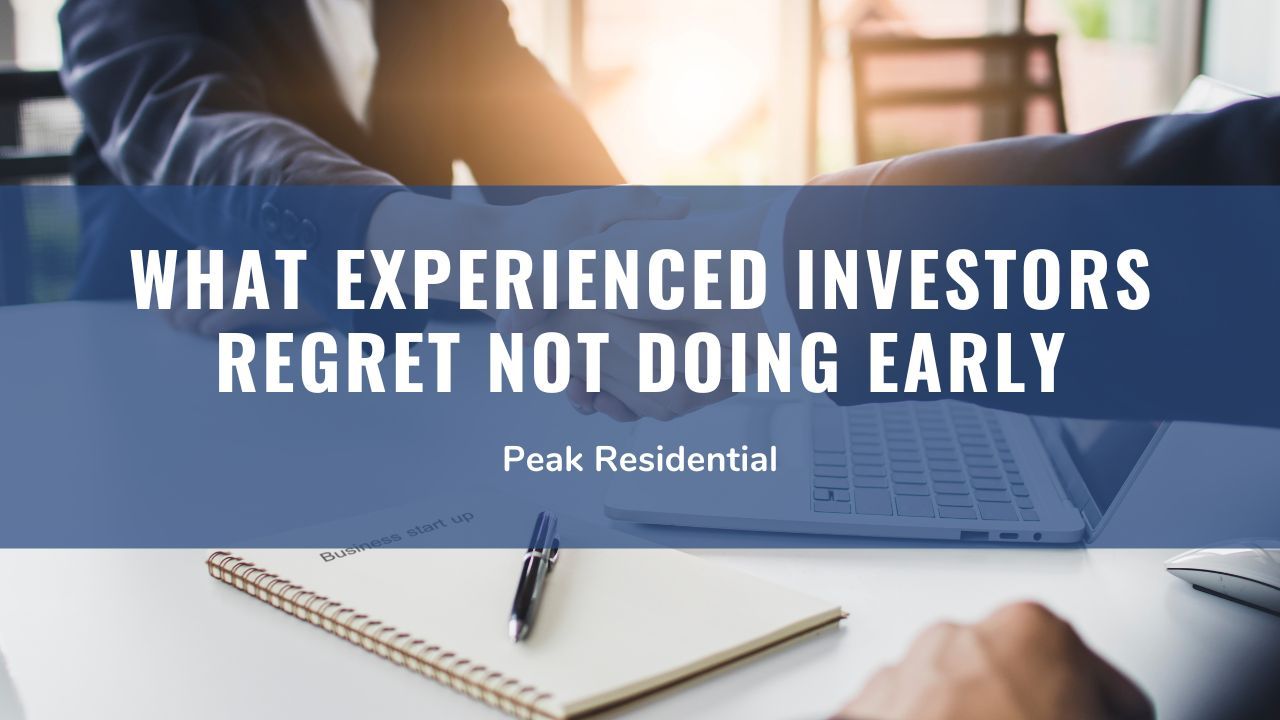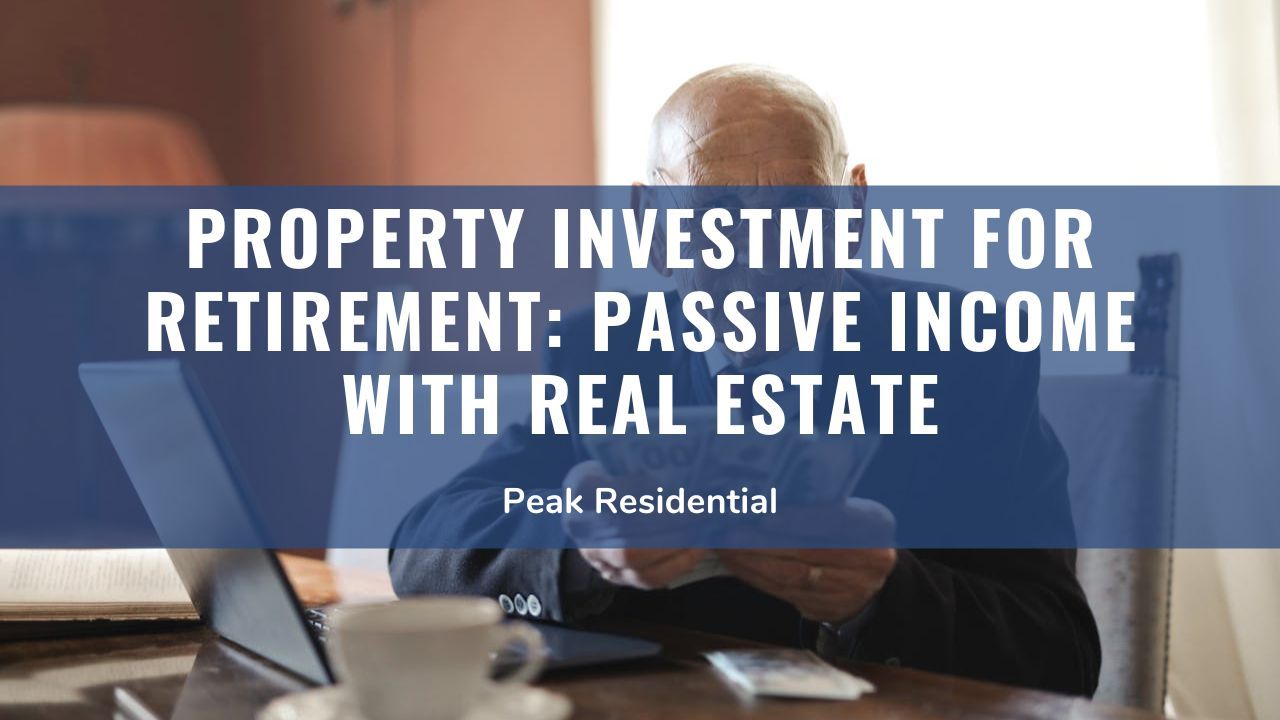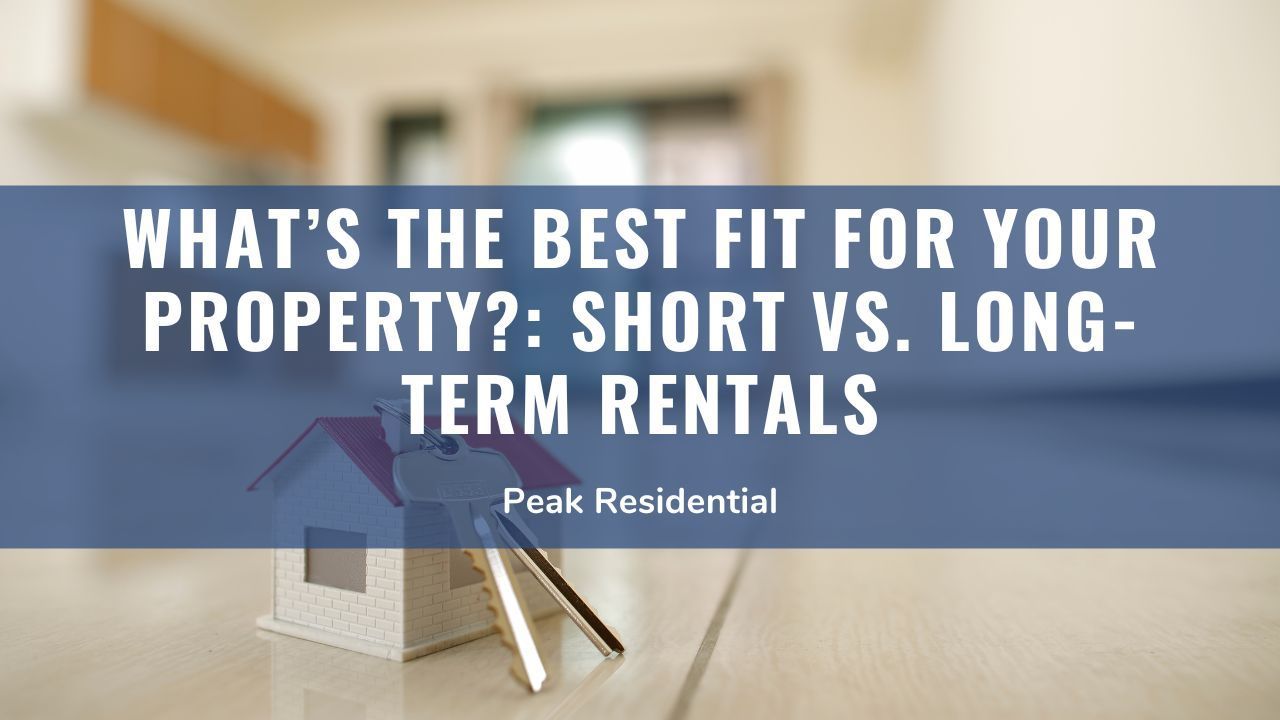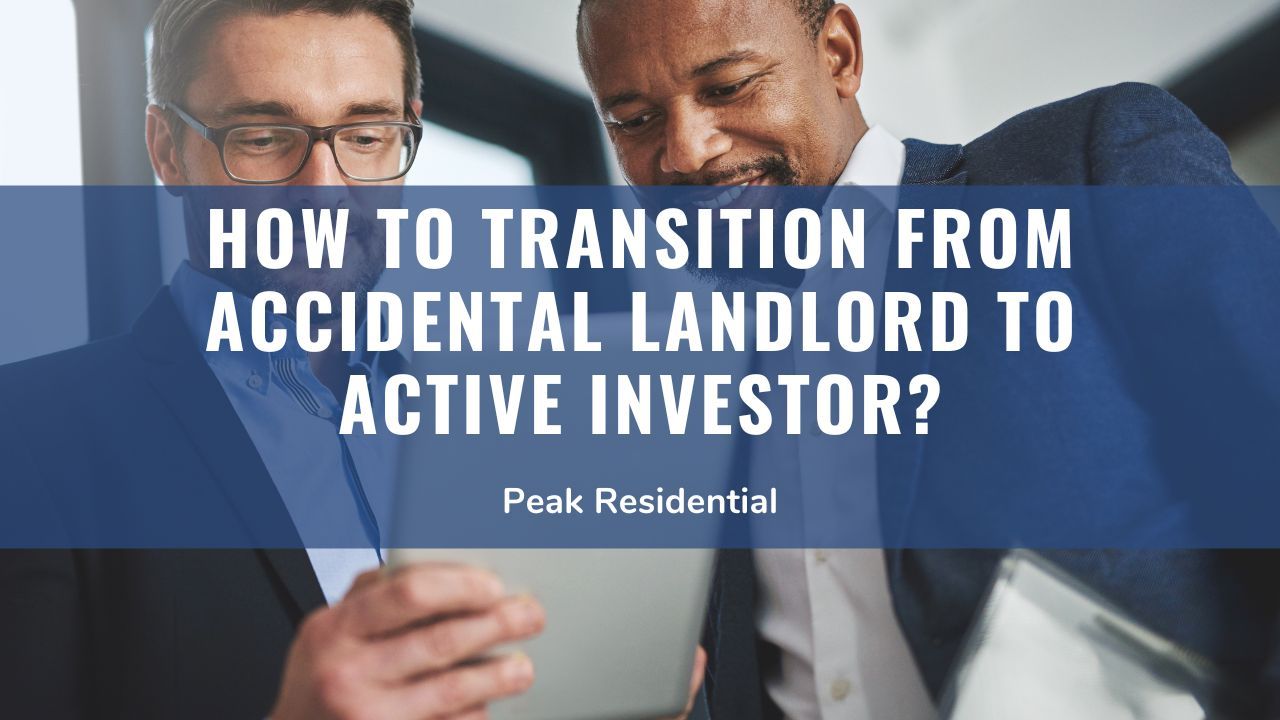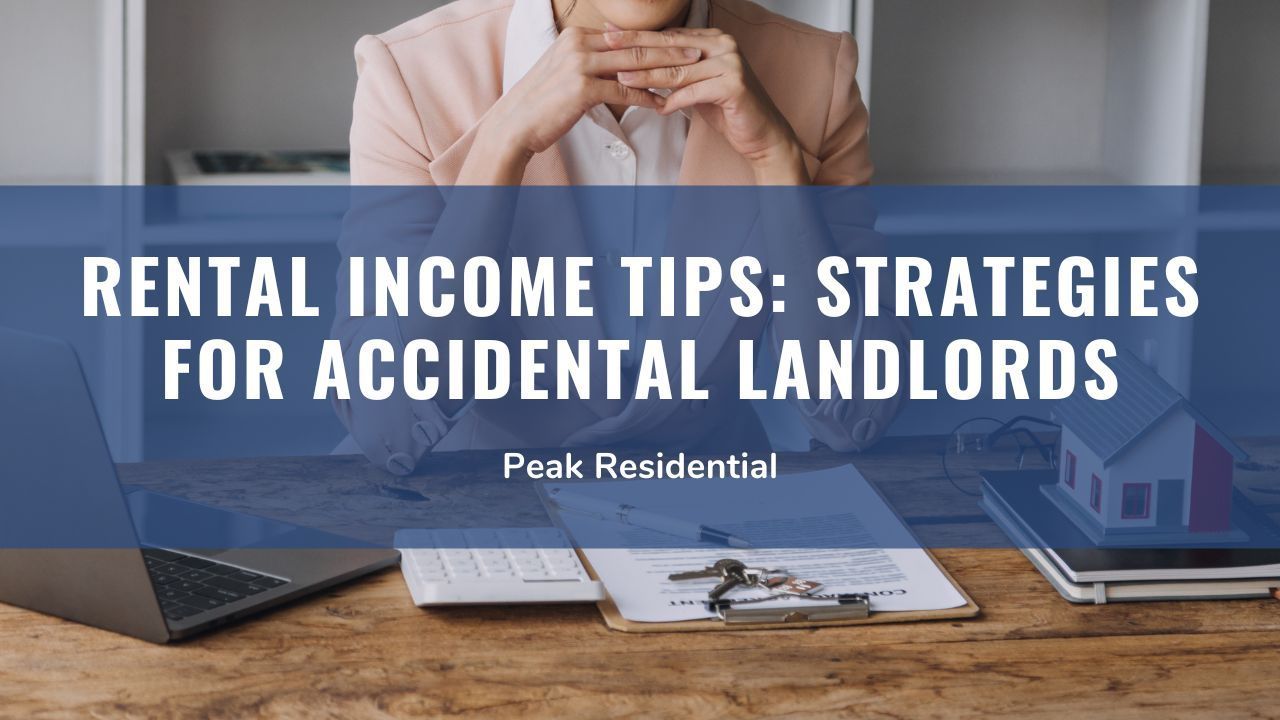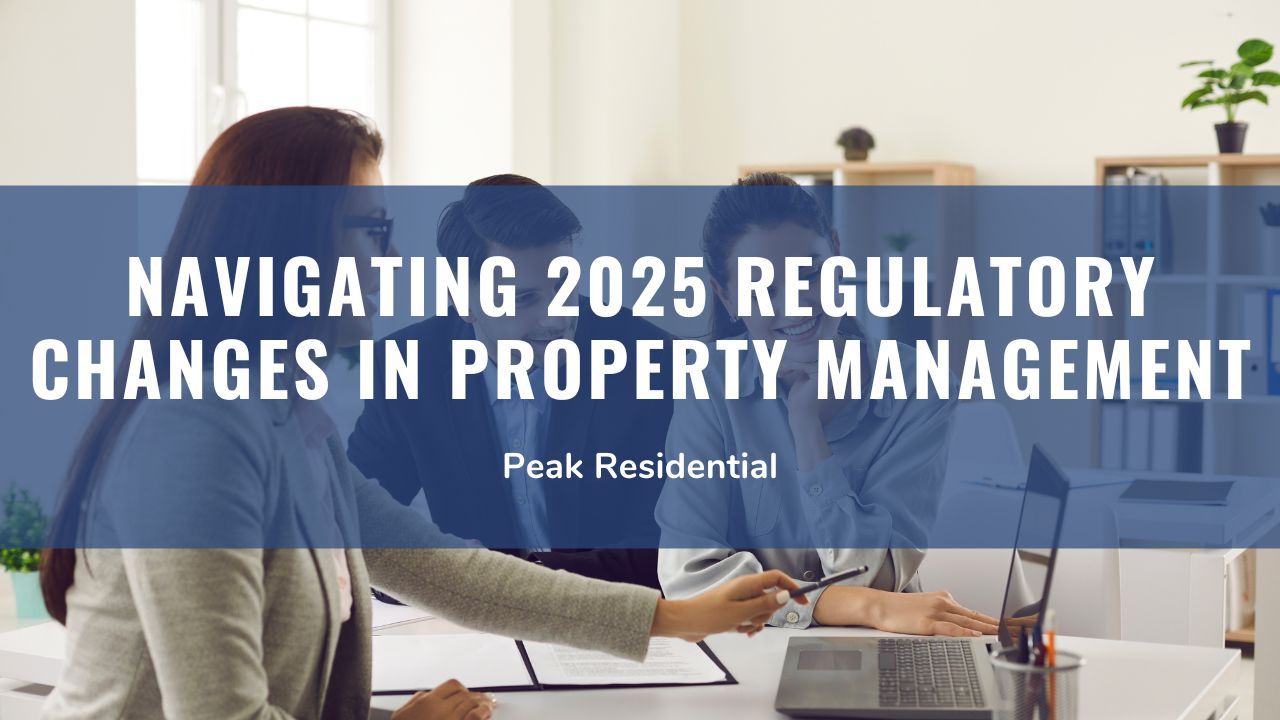Have you ever found yourself renting out a property even though landlord life was never part of the plan? That makes you an accidental landlord, someone who didn’t intend to rent out property but ended up doing so due to life’s unexpected turns.
Whether you inherited a home, relocated for work and couldn’t sell, or faced market challenges, you’re stepping into the role of landlord by chance.
This guide from
Peak Residential, Inc. lays out what that means in practical terms, what you need to do now, and how you can manage your new role with ease and confidence.
What Is an Accidental Landlord?
An accidental landlord is someone who becomes a landlord without intending to. This can happen in several ways, such as inheriting a property from a family member, relocating for work, or finding that the housing market makes it difficult to sell when you need to move.
These situations may place you in a role you didn’t expect, but they can also offer long-term opportunities. Being an accidental landlord means adapting quickly and taking on new responsibilities, often without prior experience.
Tips For Accidental Landlords
Let’s get started with the basic list of things that every accidental landlord must keep in mind to avoid any issues with daily landlord related operations and responsibilities.
1. Legal Responsibilities
The moment you start renting out a property, you take on legal obligations as a landlord.
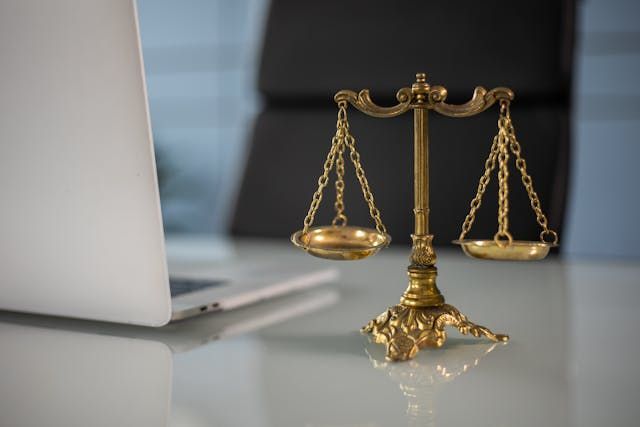
These responsibilities include respecting tenant rights, creating and honoring a clear lease agreement, and handling security deposits properly. You’ll also need to follow strict guidelines on eviction process, notice periods, and rent increases.
Another crucial part of the legal picture is compliance with fair housing laws, which prevent discrimination when selecting tenants. Knowing these rules early helps you avoid disputes, fines, and unnecessary stress.
2. Mortgage and Insurance Considerations
If your property still has a residential mortgage, you must inform your lender about renting it out. Some lenders may require special permission, while others insist on switching to a different type of mortgage.
Insurance is another area you cannot overlook. Standard home insurance policies generally do not cover rental activity.
Instead, you’ll need landlord insurance, which is designed to protect you against property damage, liability claims, and potential loss of rental income. Updating your coverage ensures you are financially protected if something goes wrong.
3. Preparing Your Property for Rent
Before placing tenants in your property, it’s important to ensure that it is safe and appealing. This means checking that smoke detectors and carbon monoxide alarms are working, inspecting the property like plumbing and electrical systems, and servicing appliances.
Security also matters, so locks and windows should be in good condition. Presentation is another factor that makes a difference.

A fresh coat of neutral paint, a deep clean, and small updates can make your property more attractive while signaling to tenants that you are a responsible landlord.
4. Setting the Right Rent
The rent you set will determine how quickly you find tenants and how profitable your property becomes. It’s best to research similar homes in your area to see what others are charging.
Factors such as location, size, condition, and amenities all influence rent levels. Setting the price too high can result in higher vacancy rates that eat into your income, while setting it too low means leaving money on the table. A balanced approach ensures that tenants see value and you receive a fair return.
5. Tenant Screening and Lease Agreements
The quality of your tenants will determine the quality of your landlord experience. Careful screening is essential to avoid problems down the road.
Checking a tenant’s credit history, verifying employment and rental income, and contacting previous landlords can provide a clearer picture of who you’re renting to. Once you’ve chosen a tenant, a strong lease agreement becomes your best protection.
It should outline rent payment details, the length of tenancy, maintenance responsibilities, and house rules. A clear lease prevents misunderstandings and protects both you and your tenant.
6. Managing a Rental From Afar
If you do not live near your rental property, managing it can be challenging. You’ll need reliable local support, whether it’s contractors for repairs, cleaners for turnovers, or professionals who can handle emergencies when you cannot be there in person.

Technology helps as well, with digital tools that allow online rent collection, electronic lease signing, and streamlined communication with tenants.
While remote management is possible, it can quickly become stressful, especially if issues arise frequently. In those cases, professional property management can provide peace of mind.
7. Finances and Accounting
Managing rental finances requires discipline and organization. Opening a separate bank account for rental income and expenses helps keep everything clear. You should also track all repairs, upgrades, and service costs, not only for your own records but because many of these expenses are tax deductible.
Rental income must be reported, so you’ll need to understand the tax obligations that come with your new role. Budgeting for vacancies, unexpected repairs, and routine maintenance ensures you’re prepared for the financial side of being a landlord.
Common Pitfalls to Avoid
Many accidental landlords fall into the trap of mixing emotions with business decisions. It’s easy to overprice a rental because of personal attachment or to give tenants too much leeway with late rent, but these choices can backfire.
Neglecting maintenance is another common mistake, as small problems can quickly become expensive repairs.
Overlooking the importance of a proper lease or forgetting to update your insurance are also risks that can cost you more in the long run. Staying professional and consistent is the best way to protect your investment.
Bottom Line
Becoming an accidental landlord may feel overwhelming at first, but with the right knowledge and preparation, it can be an incredibly rewarding journey.
By treating your rental like a business, setting fair expectations, and maintaining professionalism, you give yourself the best chance of success.
Peak Residential specializes in helping landlords. From tenant screening and rent collection to maintenance and legal compliance, their expert team takes care of the details so you can enjoy the benefits of rental income without the hassle.
With Peak Residential, your accidental landlord experience can be smooth, stress-free, and profitable.
